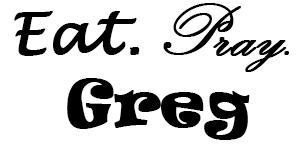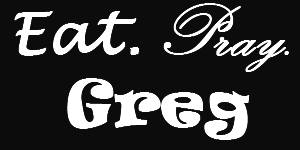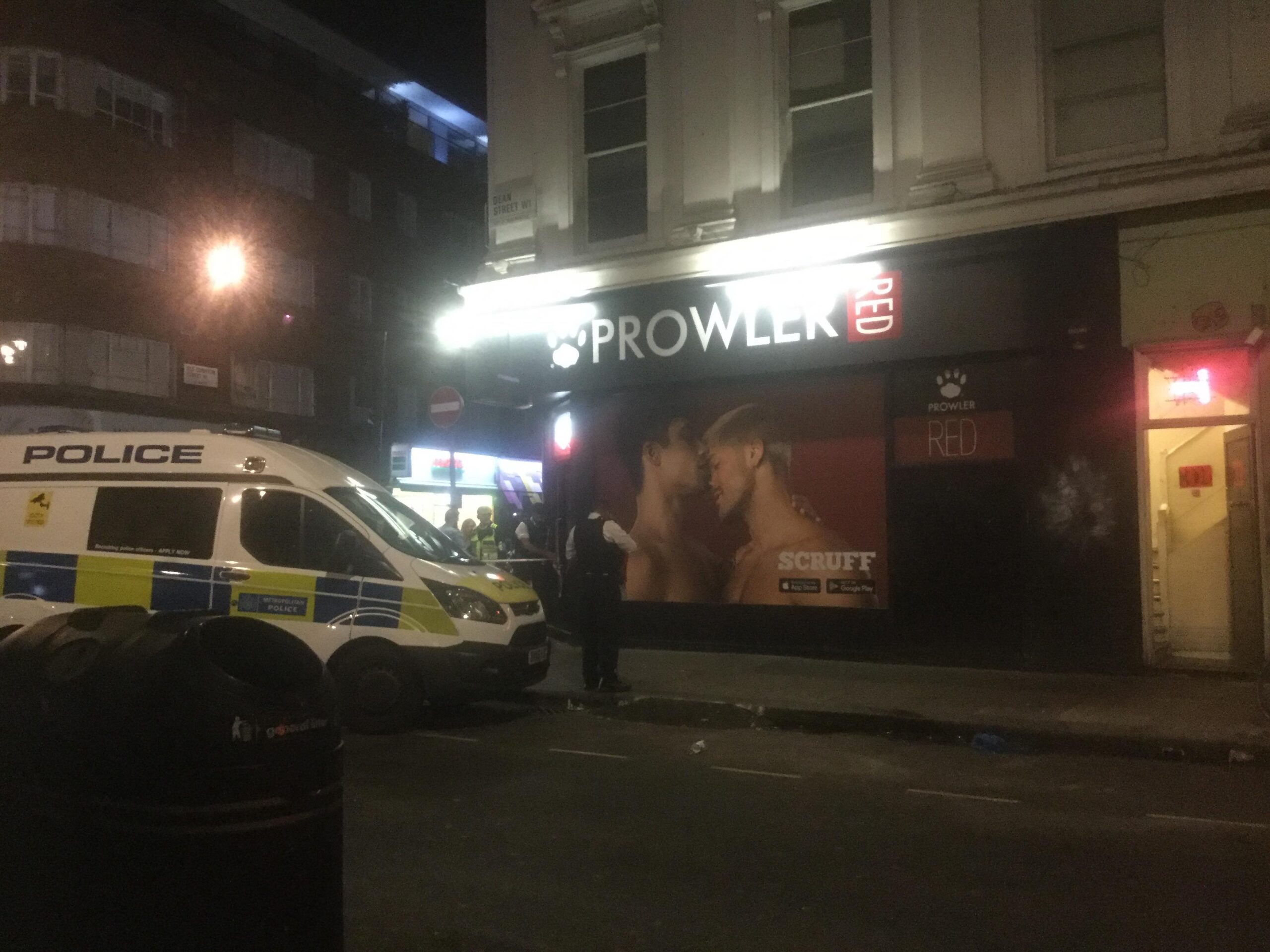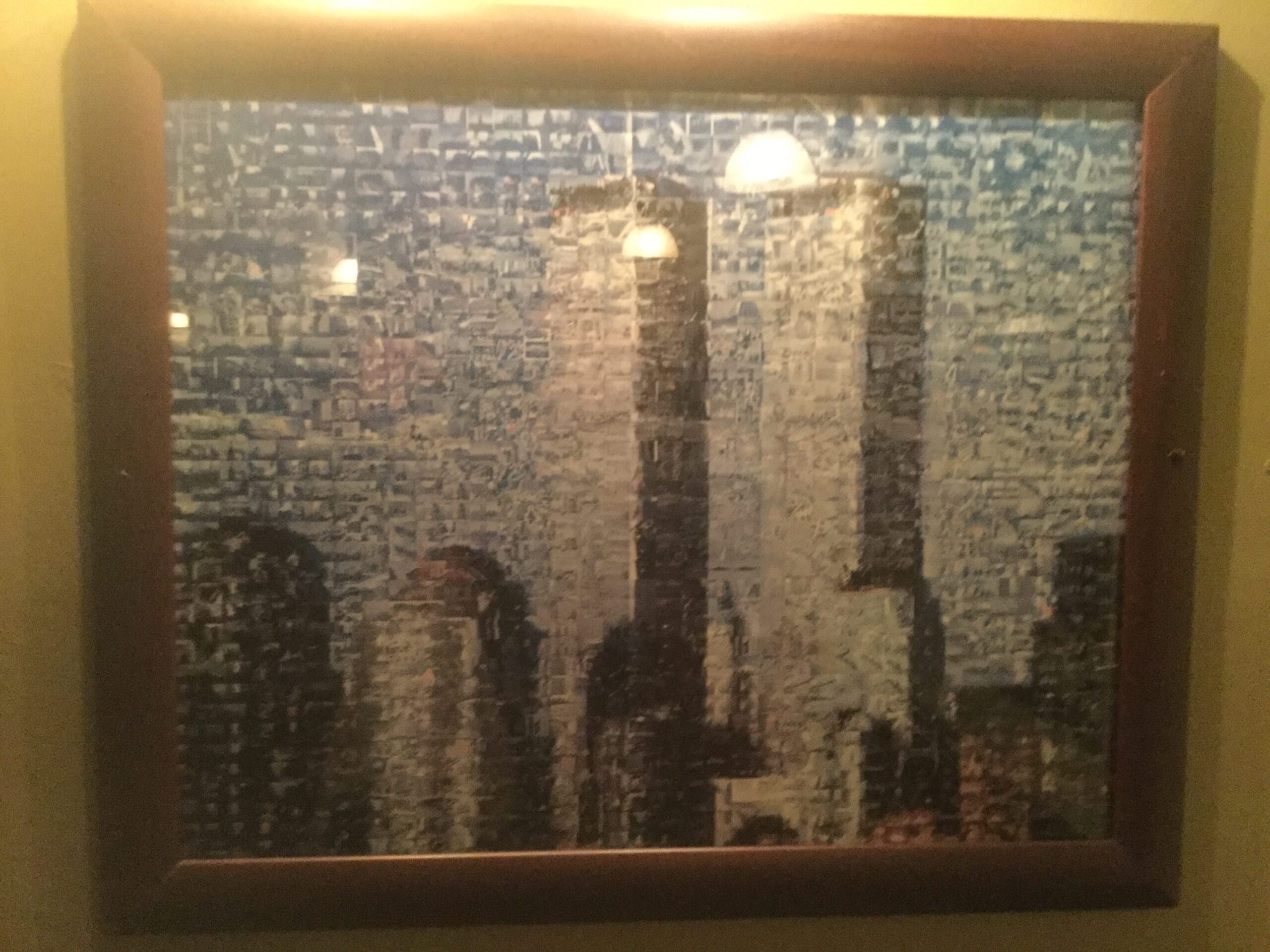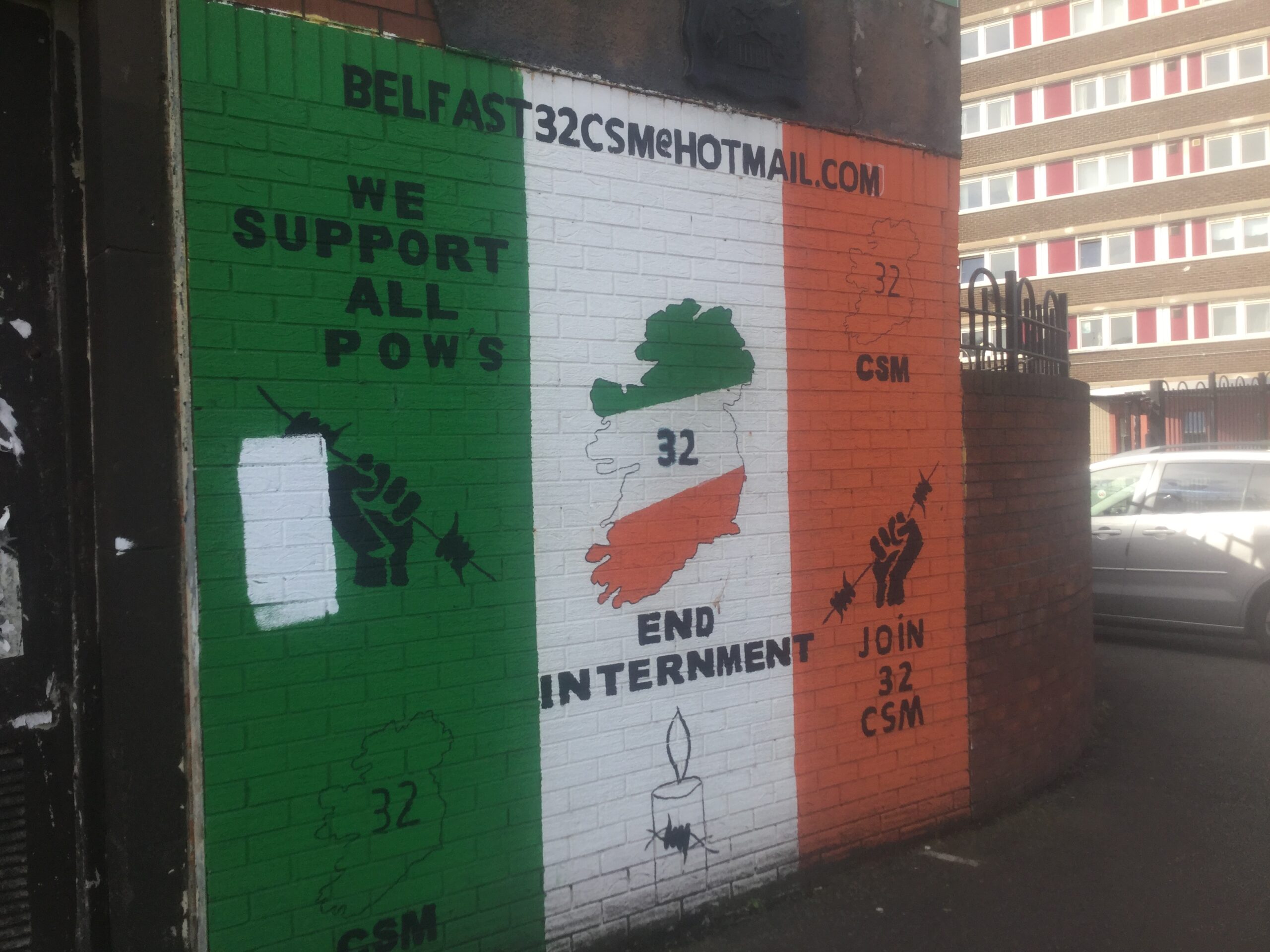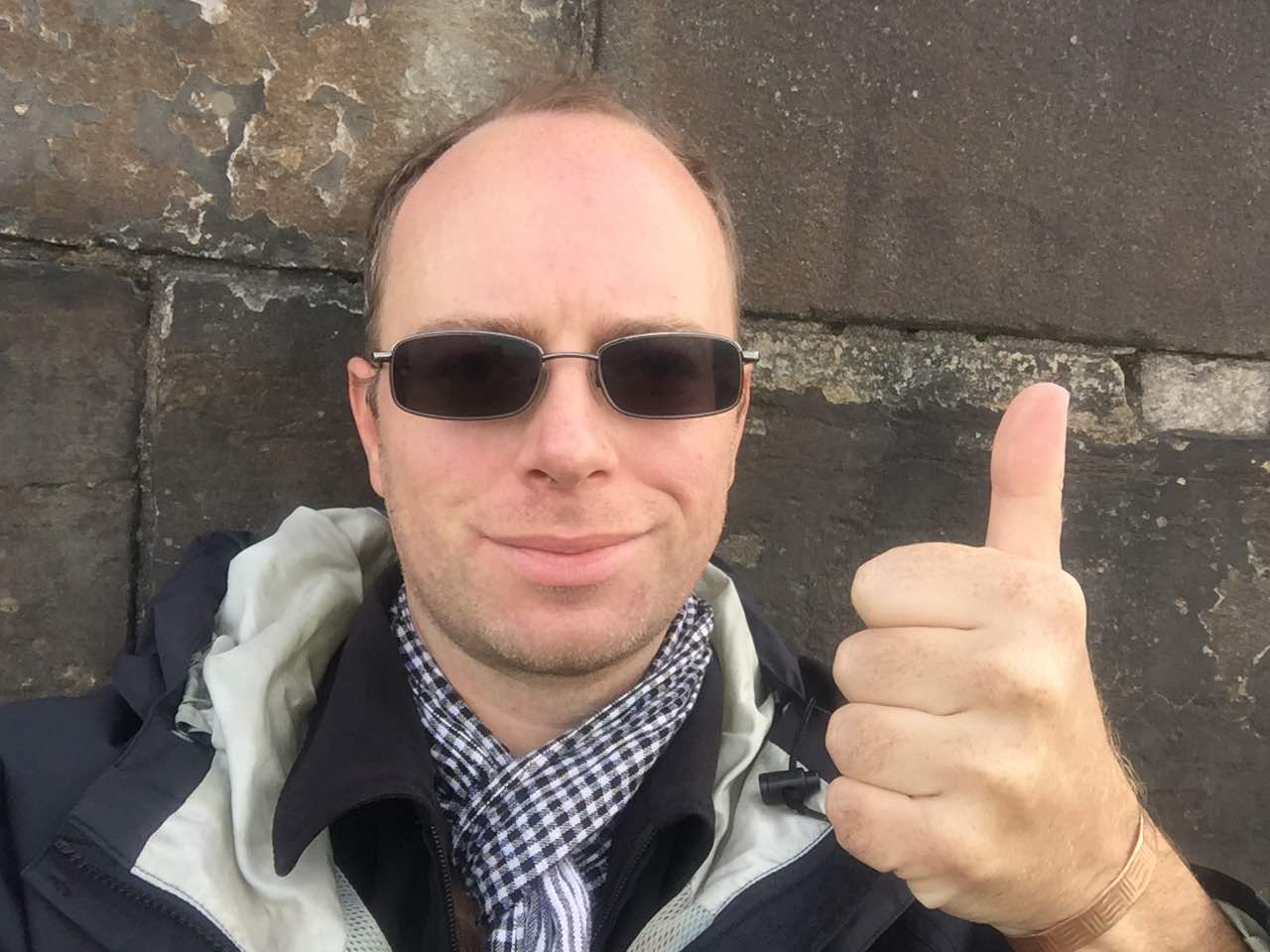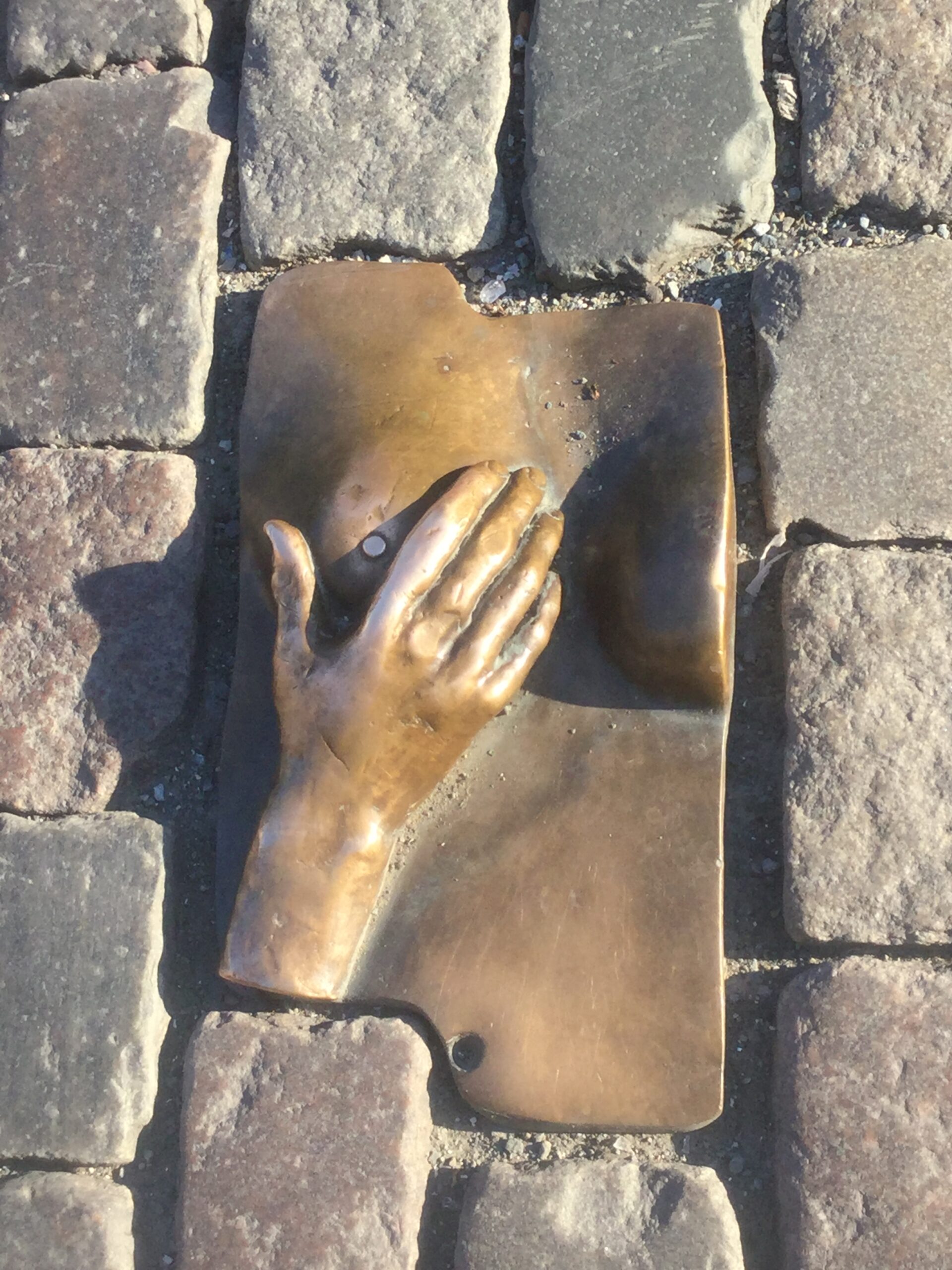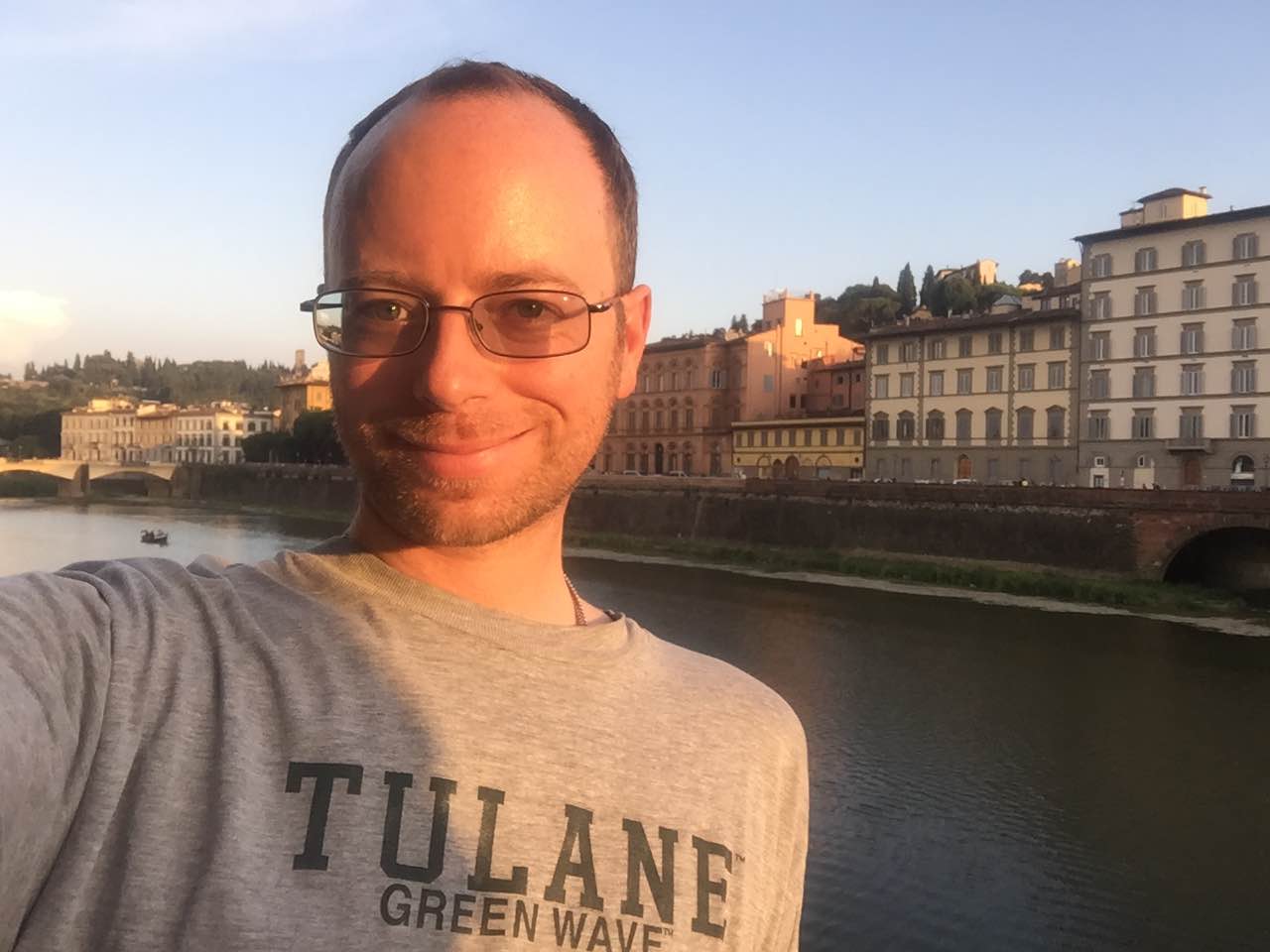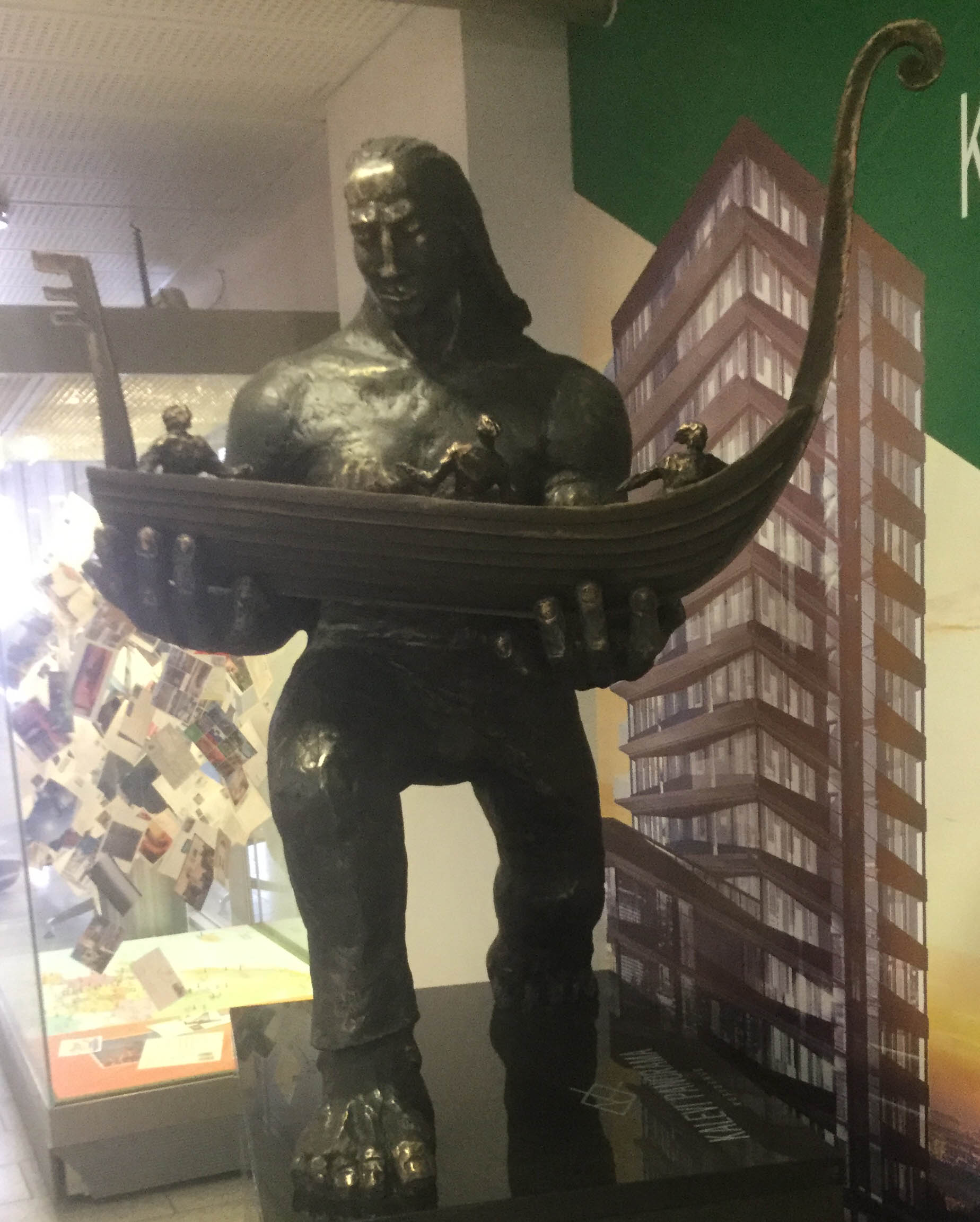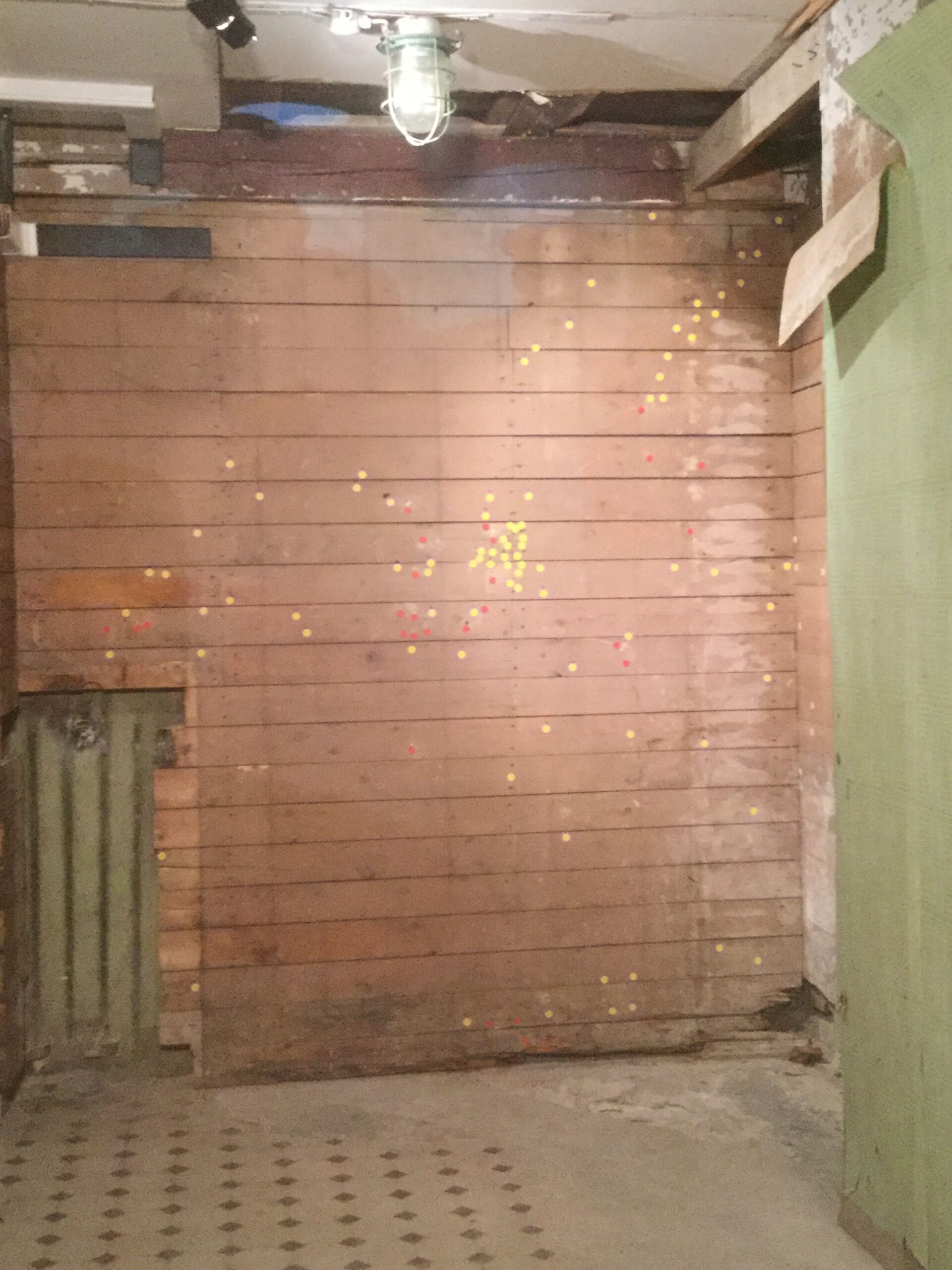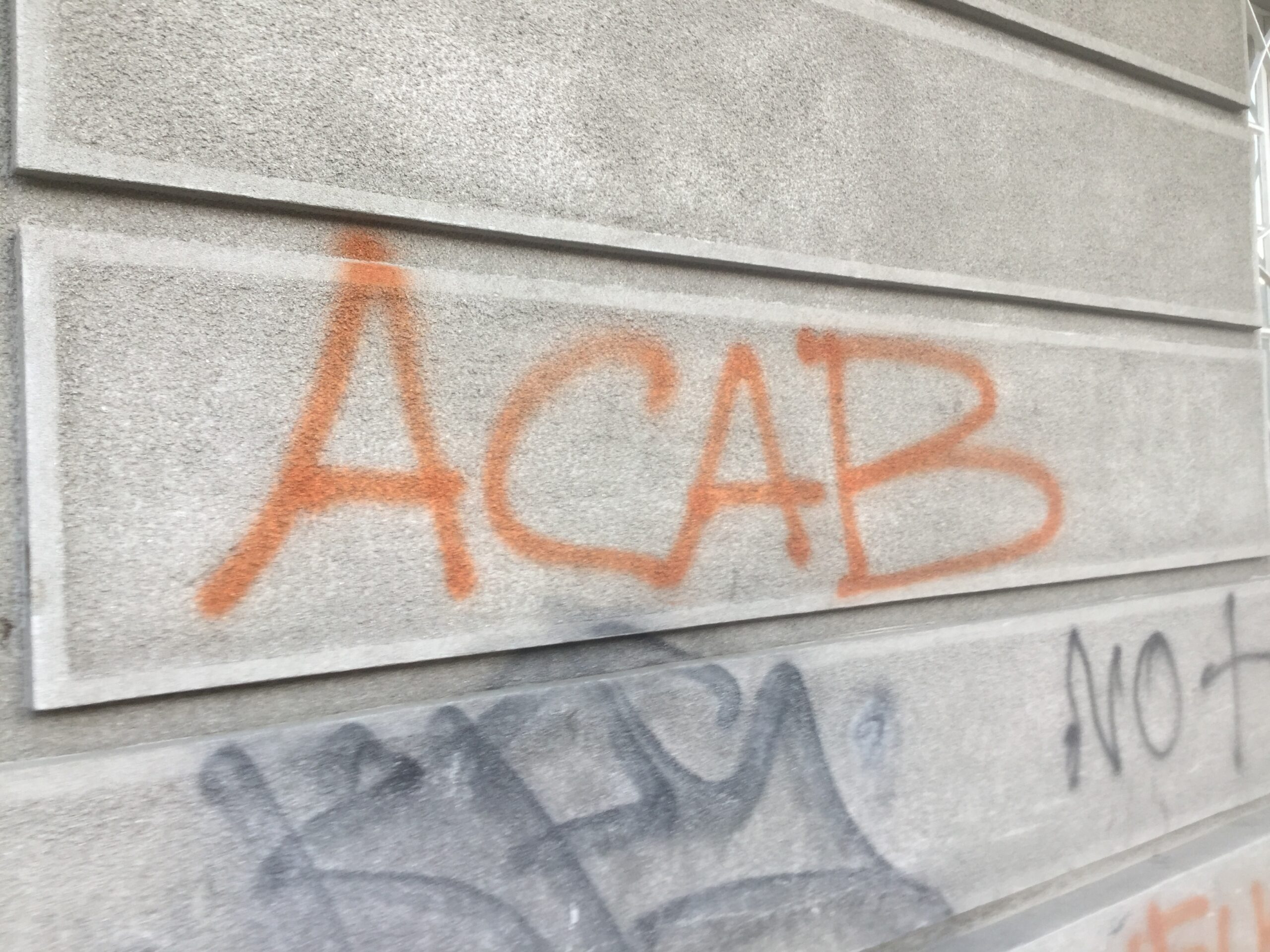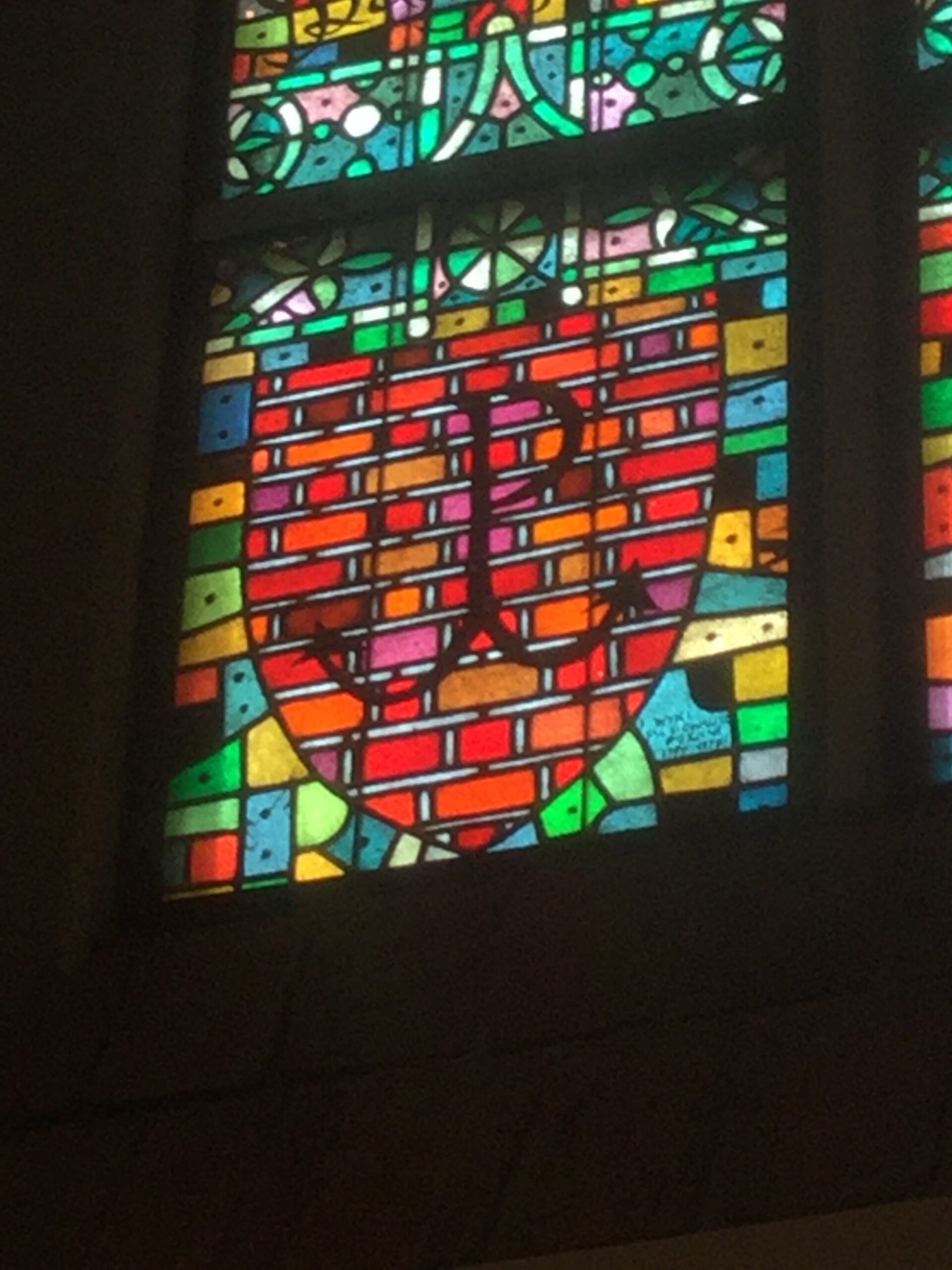After I graduated college, the world was open to me. I saw I was at a crossroads. I had a degree and could do anything I wanted. While I was gearing myself to move to California to pursue one of my dreams, I took a trip to England and Spain to see if another track was desirable. I went and looked at Oxford and Cambridge as places where I could pursue a Master’s in History. London and England were very different in 2006. It was still a place of prestige and grandeur that I remembered from my first hop across the pond in 1997.
My hotel was in a quite auspicious place, right down the street from where a passenger bus was destroyed by terrorist bombs exactly a year before. But, even with that spectre, England was still England, and London was still London; filled with the hope and promise of being a capital city full of arts, culture, and money. However, even then, I could tell that there was a coming sunset on the British Empire at home.
In my visit in 2019, a mere 13 years later, a lot had changed. The financial crisis of 2008 put into question London’s place in the financial world. Oligarchs from the East began buying not only real estate in the city but the very heart of British sport, football clubs. Through the ever-churning storms of war, many refugees found England to be their port; often encouraged by the government, much to the chagrin it its citizens. The problem was that a lot of these people were all too ready to get onto the government doles while not conforming to their new home’s mores. London had even elected their first Muslim mayor, a very big sign that the demographics of the city were rapidly changing. Some had even gone so far as to start calling it Londonistan.
There was a new DoubleSpeak that seemed to permeate the country. One could not come out and say directly what the problems were that needed to be fixed as too many were afraid it would offend those responsible; from the people actually doing them to the government that seemed to condone it. Grooming gangs, stabbings, extortion mafias, terrorism, and other heinous illegal activity were swept under the rug of euphemisms.
I had always looked to England with a manner of respect. After all, my homeland was a direct result of their colonization and my native language while far from the Queen’s is still English. Talking with a lot of young people that inhabited the island, there was a sense of hopelessness.
One of my acquaintances I made in South Korea was an Englishman that left his homeland because he was “black pilled.” He went on the explain the meaning. There was overbearing police state that allowed bureaucrats to jail people over Facebook postings, kill children in hospitals, excuse vicious acts of terrorism as cultural misunderstandings, tax its citizens incessantly, and sell them out to Brussels. While they fought so hard against fascism, they ironically became fascist themselves. Maybe these are the children of this new Lost Generation; the spiritual Battle for Brittain.
I look to England with great concern. A brilliant British political theorist said this: England is about five to ten years ahead of America. Keeping our starry eyes very open, we should heed these British tea leaves.
